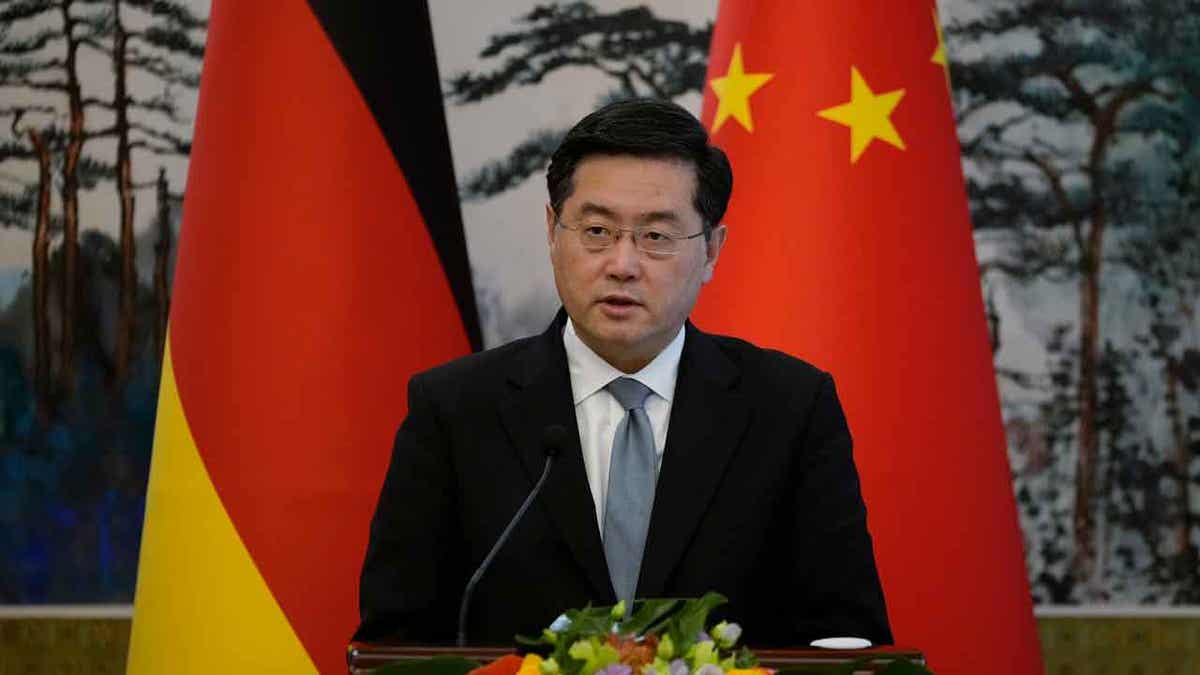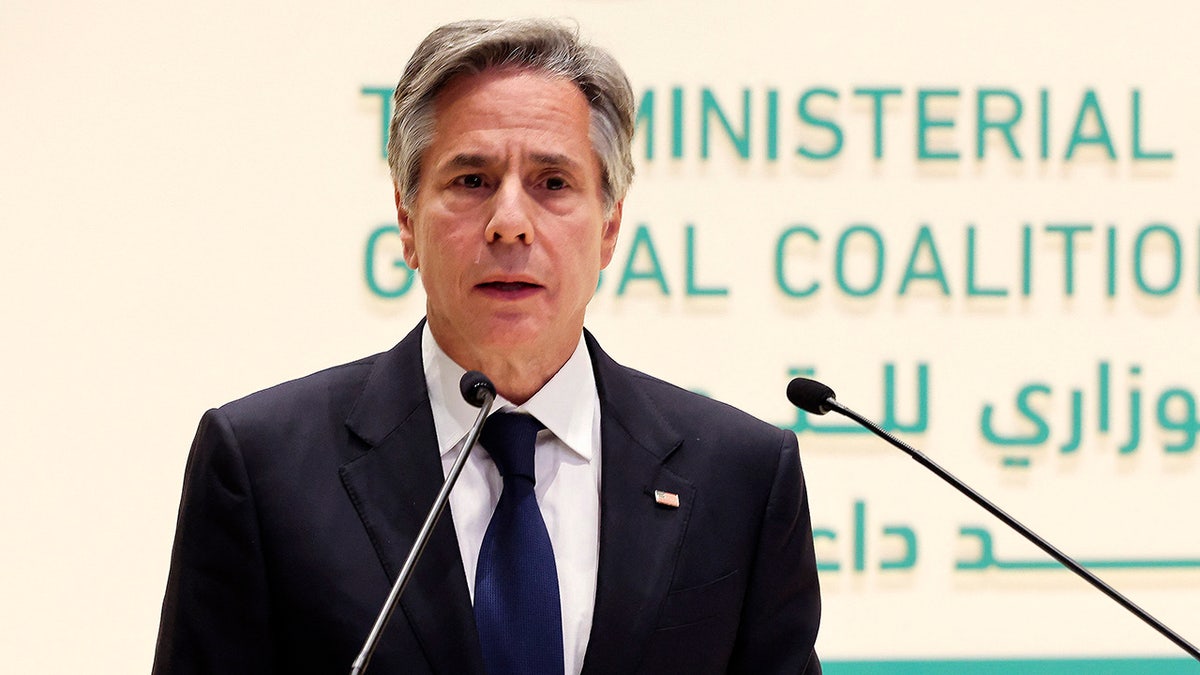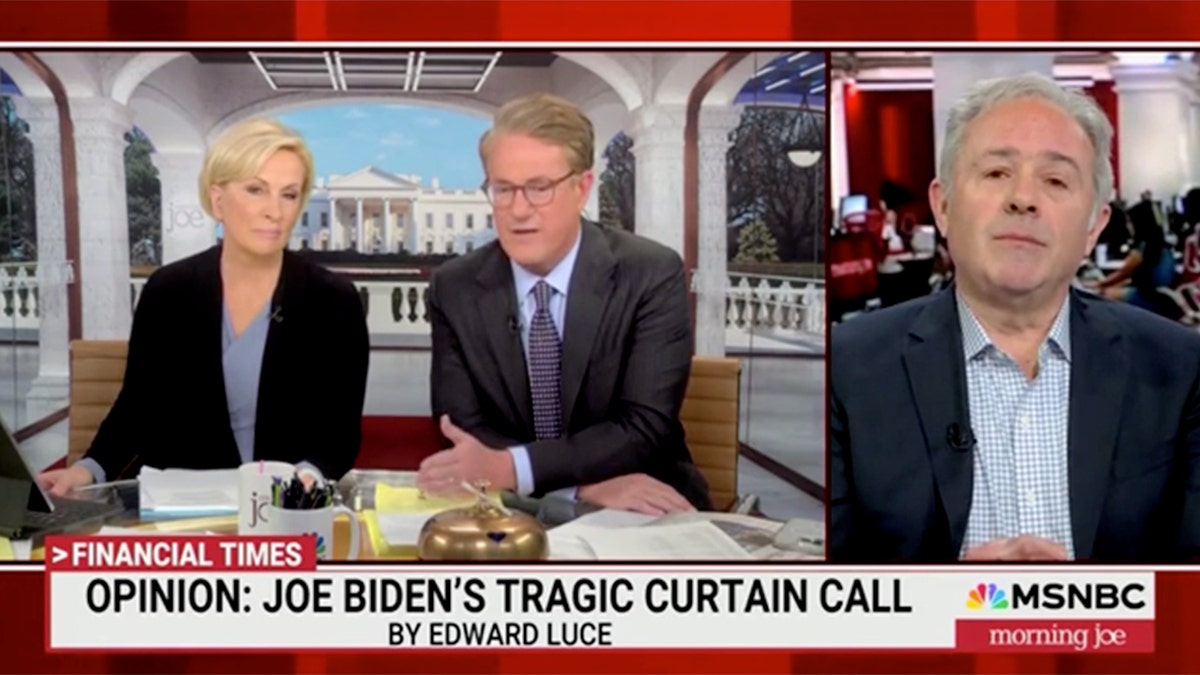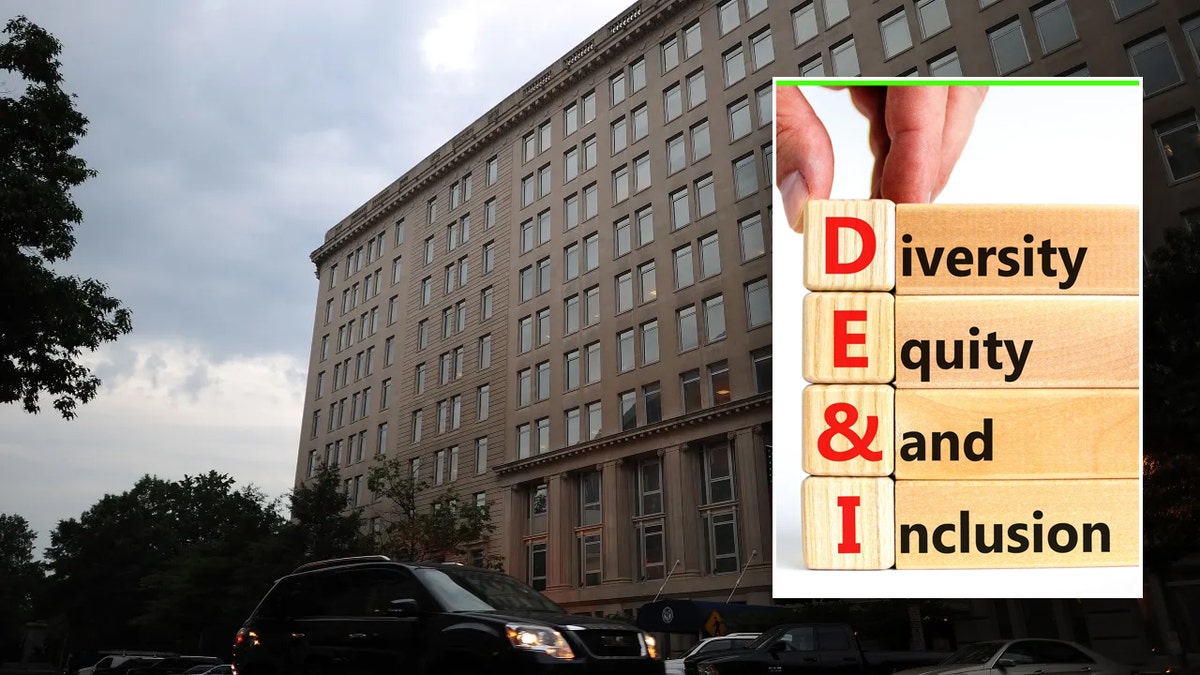Amidst escalating tensions, US Secretary of State Antony Blinken and Chinese Foreign Minister Qin Gang engaged in a crucial phone conversation this week, setting the stage for Blinken's upcoming visit to Beijing on June 18th. This visit, previously delayed due to the Chinese surveillance balloon incident, marks the highest-level visit by a Biden administration official to China.
Blinken's tweet following the call highlighted the discussion's focus on maintaining open communication channels and addressing bilateral and global concerns. However, the Chinese Foreign Ministry's account of the conversation revealed a more strained dynamic, with Qin Gang urging the US to refrain from interfering in China's internal affairs.

Qin Gang reportedly emphasized the challenges faced in US-China relations this year, placing the responsibility squarely on the US. He urged the US to respect China's sovereignty, security, and development interests, echoing concerns about US involvement in matters related to Taiwan and trade. Qin encouraged the US to work collaboratively with China, echoing the consensus reached between President Biden and Xi Jinping in Bali.

The State Department's statement offered a more diplomatic perspective, emphasizing the importance of open communication to prevent miscalculations and conflict. Spokesman Matthew Miller reiterated the US commitment to diplomatic engagement to address both concerns and potential areas of cooperation.
This exchange occurs against a backdrop of escalating concerns regarding China's expanding spy capabilities in Cuba, a development confirmed by US officials. Furthermore, a bipartisan bill in the Senate, the Invent Here, Make Here Act of 2023, aims to restrict the licensing of federally-funded technologies to foreign manufacturers, specifically targeting countries like China, in an effort to protect American innovation and national security.








